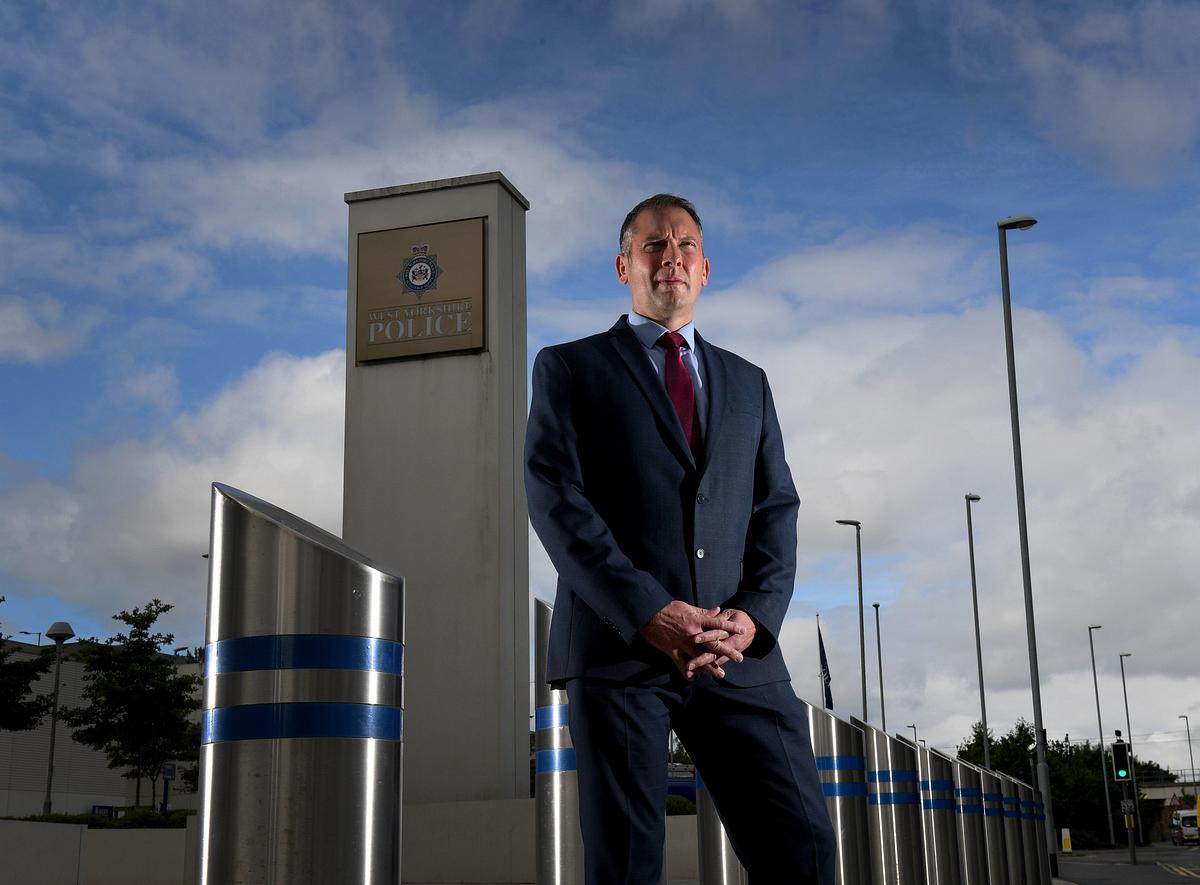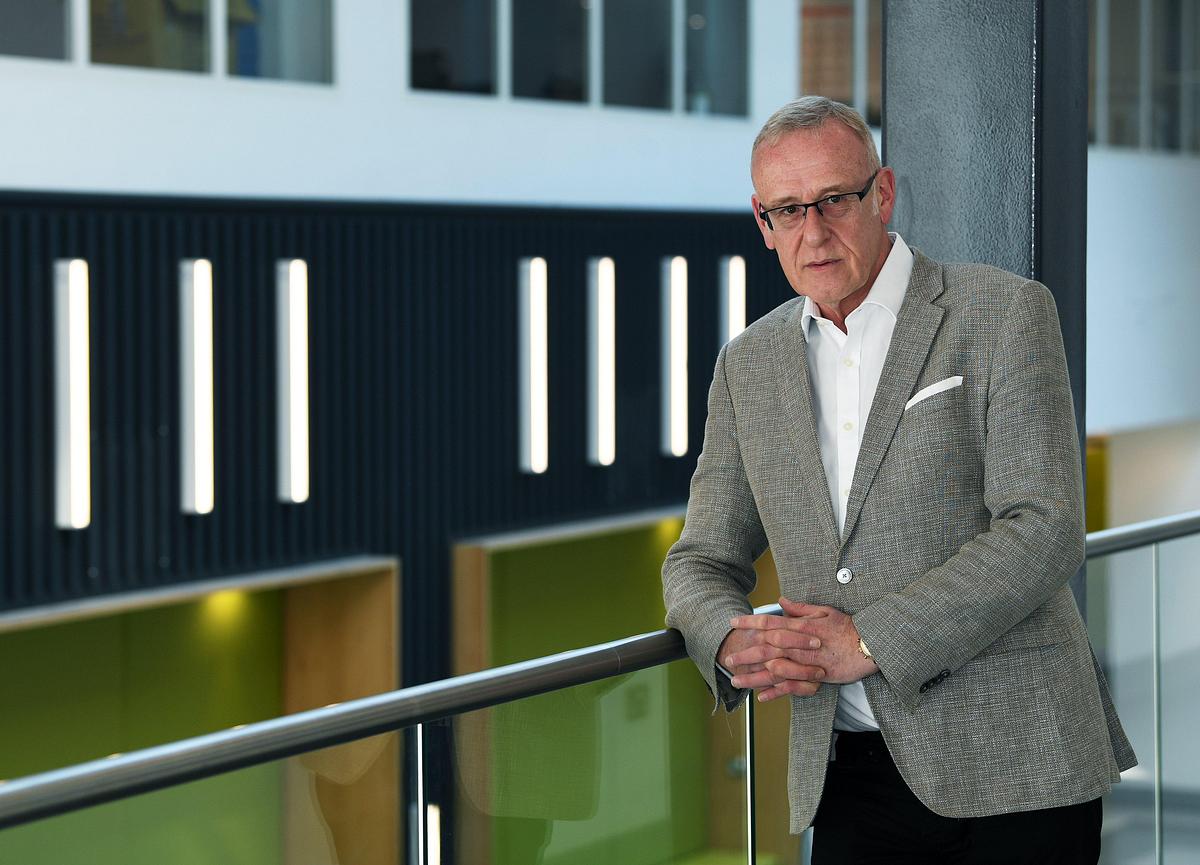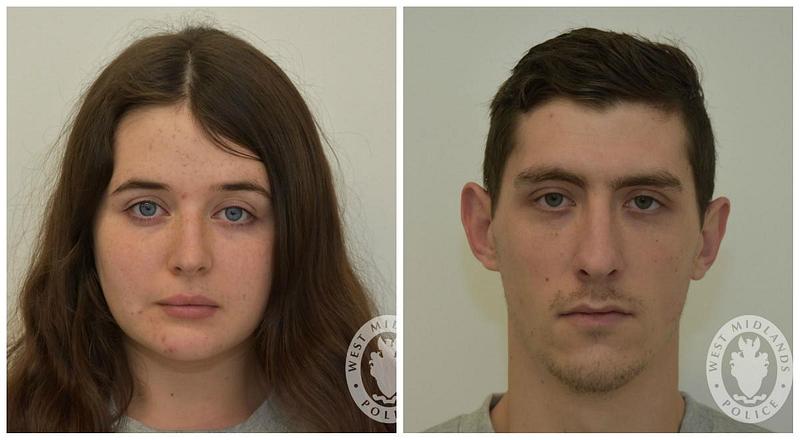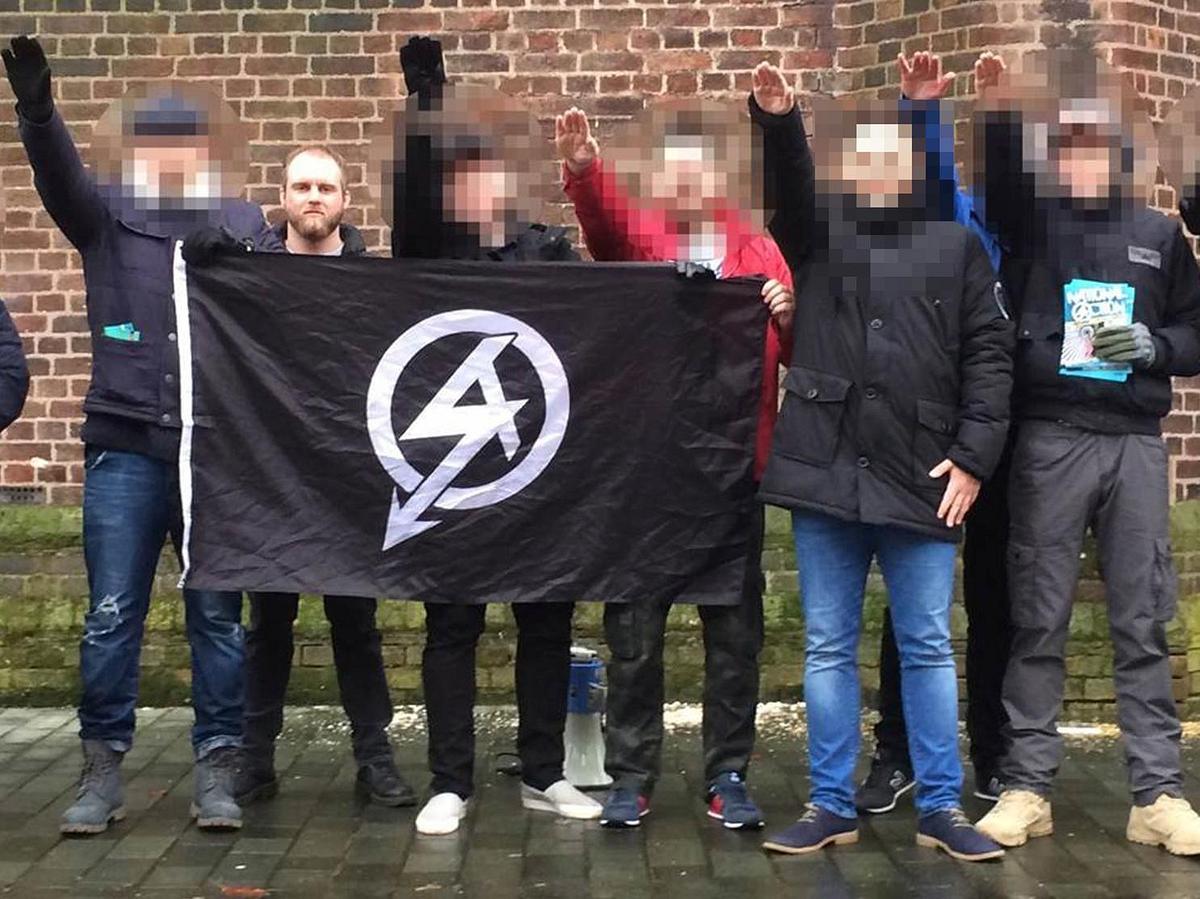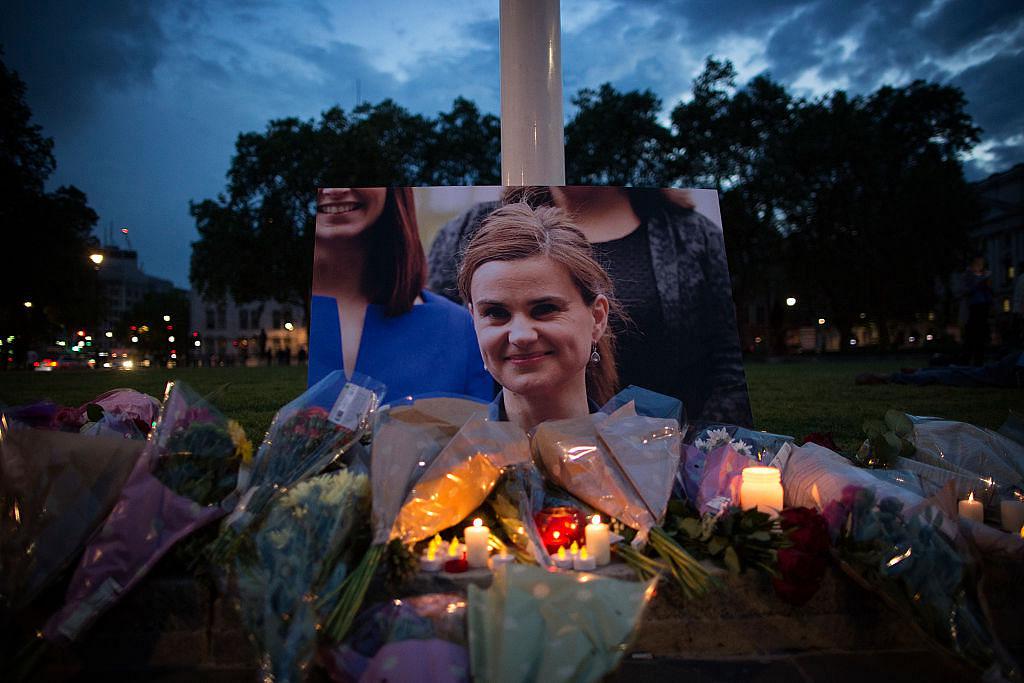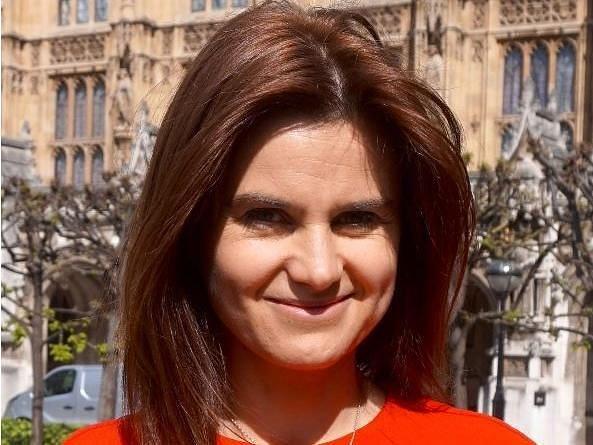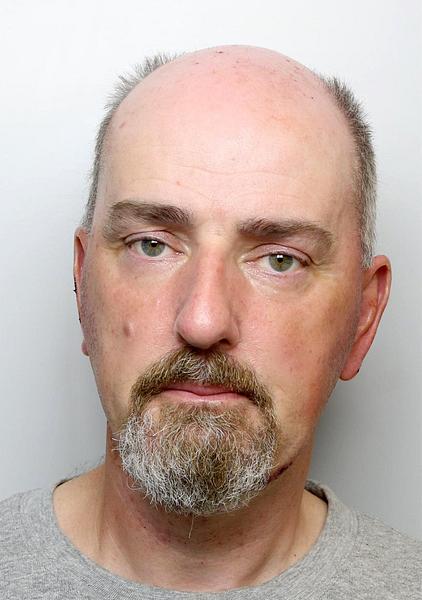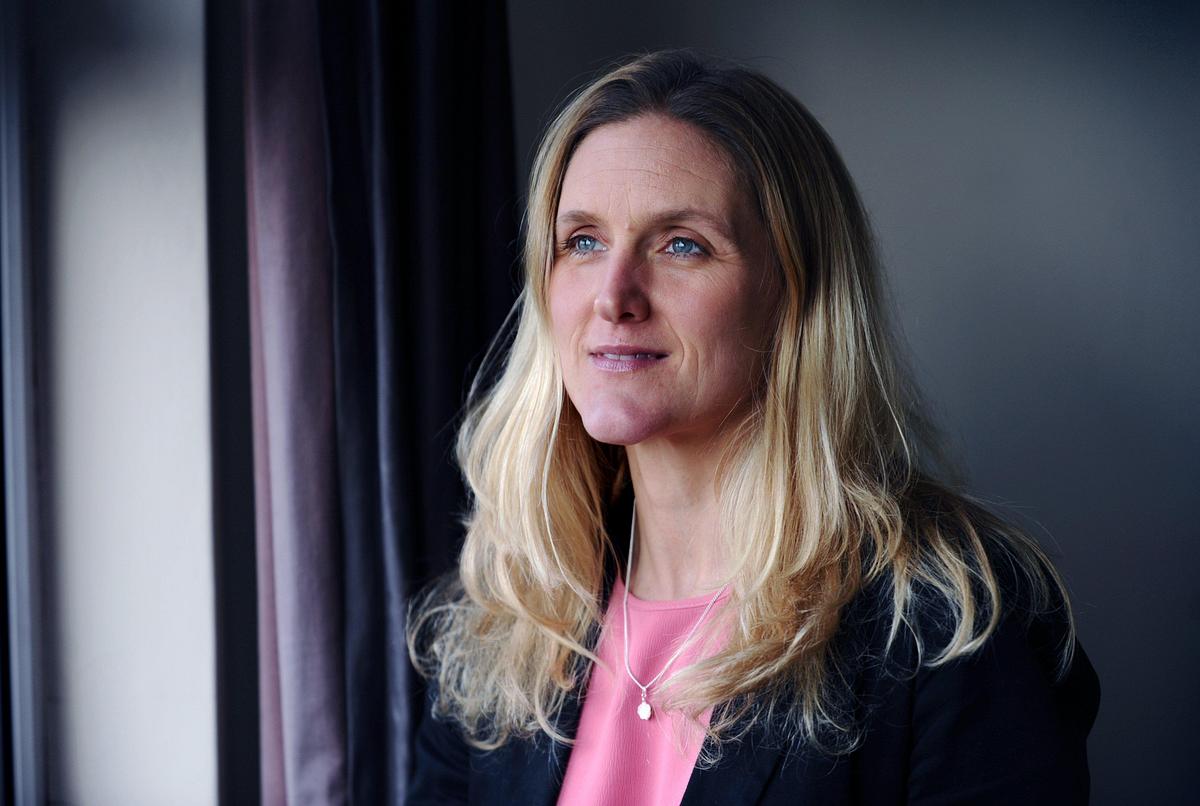Fractured and splintered
The face of terrorism has become fractured into myriad splinter groups and ideologies beyond Islamic and right-wing extremism, police and researchers say.
Current referrals over Islamist radicalisation are down in Yorkshire and the North East, while extreme right-wing referrals have risen and a breadth of other different ideologies have also manifested.
Counter-terrorism police say terrorists now have countless communication platforms, using encrypted technology to reach out to young people while whack-a-mole-style groups are emerging and disappearing, leaving detectives and extremists in a game of cat and mouse.
A report from the Government's anti-radicalisation strategy Prevent published at the end of last year showed referrals over "other" or "unclear" ideologies rose from 29 to 78 from the year before - an increase of 169 per cent.
Ideologies other than Islamist or right-wing extremism include far-left extremists and the "Incel" subculture - a movement defined by "involuntary celibacy".
In June, the North East Counter Terrorism Unit (CTU), which covers the Yorkshire & Humber region, charged a man from Huddersfield with 14 left-wing terror offences.
Meanwhile in March, a 22-year-old man from Middlesborough was jailed for 20 months for possessing 10kg of explosive material and seven terrorist manuals. The court heard Anwar Driouich had shown an unhealthy interest in "incels" and mass US shootings.
A review was completed over the summer by North Yorkshire County Council into two boys convicted of plotting a ‘Columbine massacre-inspired’ school shooting in Northallerton, finding lessons “needed to be learned” from the case.
Referrals to Government's anti-terror Prevent programme by type of concern
The most recent Prevent report showed the North East CTU accounted for the biggest portion of referrals, with one in five (20 per cent) of all referrals coming from authorities in Yorkshire, Teesside, Durham or Northumbria.
Islamist referrals in the region have fallen by around 40 per cent, while extreme right-wing referrals have risen by around the same percentage.
Detective Superintendent Matthew Davison from the North East CTU, told The Yorkshire Post that methods used by extremists to reach out to impressionable people online were also shape shifting.
“Mainstream platforms such as Facebook may currently be considered for older people of my generation,” he said.
“They come in and out of fashion - and that’s a challenge for not just us in trying to catch up, but also for parents who need to be aware of what their children are doing.
“But we should all keep an open mind, because if I were to say, ‘forget Facebook’, that allows people to take their eye off the ball.”
End-to-end encrypted messaging apps, as well as privacy-protected and less-mainstream social media platforms, aid total privacy which cyber-security experts say allows criminals to communicate in secret.
Encryption, explained cyber-security academic Sean Wright, is the computerised process of taking information and “scrambling it in such a way so that it is incomprehensible.”
“But you can also change that information, so for example, plans to meet someone at a certain location and time. You can also alter settings so that messages will self-destruct after a configured time.”
Counter-terrorism police work alongside apps and social media companies, but the relationship, according to Det Supt Davison is “a reliance of trust”.
“Freedom of speech is one of the most important things we support,” he added.
“But if we flag something up to them they have to take it seriously and consider taking it down.”
As of May 2019, around 314,500 pieces of extremist and terrorist material had been removed from online platforms at request of the Counter Terrorism Internet Referral Unit (CTIRU).
Authorities across Yorkshire meanwhile have stressed that, although there is no specific suggestion of any imminent attack, alert remains high.
The Yorkshire Post contacted all of the region’s 13 local government authorities, of which eight responded.
A spokeswoman at Hull City Council said bollards and cubes were installed in the city centre at a cost of £120,000, while similar infrastructure had been put in place in pedestrianised city centre areas in Leeds.
Bubble groups
Right-wing extremist ‘bubble groups’ are popping up online and disappearing months later, according to police and researchers.
The small groups of several people form on online platforms - often encrypted messaging apps such as Telegram - where hateful content is shared, before the groups disperse and vanish.
The clusters are described by charity Hope Not Hate as “Terrorgram Channels” and are almost exclusively extreme right-wing or Nazi-sympathisers, sharing content such as praise for people who have committed terrorist acts and even rating them on “scoreboards” based on how many people their acts have killed.
Patrik Hermansson, a researcher for Hope Not Hate, covertly monitors the presence of such groups on messaging apps and described the glorification of terrorists as “disturbing” and “worrying”.
“We are seeing a lot of small groups which rise up and then disappear every few months,” he said.
“They may be people who have not even met each other, or are from different countries, that come together online.
“They may not even plan anything, just make it seem like they are, but it’s often very extreme.
“They often name themselves, sometimes variations of the name Atomwaffen (a US-based neo-Nazi terrorist network), and even have their own logo.”
The presence of the groups is something counter-terrorism units are aware of, and police work alongside social media companies and groups like Hope Not Hate.
Detective Superintendent Matthew Davison, from the North East Counter-terrorism Unit and regional lead for the Government’s Prevent strategy, said he described the small groups as “bubble groups”.
“There are currently groups able to engage with others on these apps quietly which can then disappear,” he said.
“Terrorism takes many forms. Traditionally, people tend to think of things like 9/11 and that people come together over time to plan these attacks. In the last few years their [terrorists’] approach has broadened because they want to increase their numbers.”
Mr Hermansson said these groups often post scoreboards on chats in the app Telegram which compare other terrorists over the number of people they killed.
The app, he said, is known for being used by terrorists due to its end-to-end encryption, self-destructing messages and that users do not need to display their phone numbers, like with WhatsApp.
They are also used as platforms for the sharing of conspiracy theories, most recently theories blaming various ethnic groups and faiths for the coronavirus pandemic. One such theory, the researcher added, was that Jewish people were responsible for the outbreak.
“There’s a whole community based around these different channels.” he added.
“The danger of these groups is they draw people up to justify terrorism. They provide the backbone of radicalisation. They feed people constantly over time with reasons for why they should take action.
“People might be in none or in several of these groups. The groups help motivate people.”
“Most acts of terrorism are done not by terrorist groups but by individuals who have had contact with people from those groups.”
Despite this trend of extremists seeming to be more insular, the presence of larger groups is still rife.
In June, two people from West Yorkshire were jailed after being convicted alongside two others for their involvement in National Action, a national socialist group which was proscribed as a terrorist organisation by the Home Office in 2016.
Alice Cutter and Mark Jones, from Sowerby Bridge, had played varying roles in the group, with 23-year-old Cutter having sent messages about “gassing synagogues”.
Last month, an investigation by Hope Not Hate uncovered a new neo-Nazi group called The British Hand, led by a teenager based in Derby. Harbouring similar views to National Action, members of The British Hand discussed attacking migrants in Dover and how to hide their political views in order to enlist in the Army.
The biggest fear, however, is that it only takes one person to act upon hate being bred online.
David Lowe, senior research fellow at Leeds Beckett University specialising in national security and terrorism, said: “Some of these groups are very small in nature and what they’re trying to do is have individuals act on their own, but with support from these groups.
“It is important to remember that it only takes one person.”
He added: “Many smaller or splint-style groups take inspiration or ideas from larger groups, although struggle to agree on ideas which may be why they disappear after a few months.
“The problem is the smaller, splintered fragments. It only takes one individual, like in the case of Jo Cox, or with Darren Osborn (the Finsbury Park mosque attacker) who had no connection whatsoever - he just went online and read material, got a van and drove to London.”
Policing, both covertly and among communities, continues to take place to monitor and counteract hate in all its forms, and the message to the public is to be open-minded in the ways extremists can try to weave their way into people’s interactions and ideas.
Det Supt Davison added: “We are seeing situations where an attack might take place and a group will take responsibility, but the person who carried it out is an isolated individual who has gone online, read that group’s material and radicalised themselves.
“The linkage then between the individual and that group enables the group to take responsibility. They put this stuff out there and hope people will read it and themselves and become radicalised.
“It’s a lot more complex and it’s a question of whether the group may have known about or commissioned that attack and is equally culpable, but that individual may have been ultimately responsible.”
Radicalisers on gaming platforms
Online gaming platforms are becoming an increasingly popular method for extremists recruiting impressionable young people, a frontline terrorism detective has said.
The male detective sergeant described how the tactical methods used by terrorists to lure people in had moved “from the physical world and meeting in groups” to “online spaces”.
He added that the ages of people he was seeing indoctrinated had “lowered significantly in recent years”, particularly in terms of extreme-right ideologies.
“Radicalisers are certainly operating in gaming platforms more than ever before,” the detective said.
“They generally use common platforms as a ground and a place to radicalise people before moving them over to more secure platforms where the conversations and content being shared becomes progressively more extreme.”
Frontline covert detectives rarely give interviews, but the 37-year-old who has worked for the North East CTU for nearly nine years agreed to speak on the basis of keeping his identity anonymous to protect him and his family.
He told how his job has changed immensely since being in the position following advances in technology and tactics used to identify extremists lurking behind fake profiles.
“It’s now much quicker to identify those attempting to hide behind false online personas and identities,” he said.
“Terrorist groups from all ideologies are very sophisticated in the way they use the internet to recruit, facilitate and encourage attacks.
“They continually evolve and we need to keep pace, if not one step ahead.”
While the job presents some dangers, those working covertly were less at risk than those in uniform, he added, with the greatest risk being psychological rather than physical harm.
The detective said: “Those working daily with terrorist material, or with the victims of attacks, face potential psychological and mental health impacts due to the extreme violence and trauma they’re exposed to. Thankfully there is support in place for those working in these roles.”
"Right under our nose"
“Groups like National Action are right under our nose,” explains Rachael*.
“There are so many people who are part of it in West Yorkshire. We’re all oblivious to it.”
Rachael, whose name has been changed to protect her identity, dated a man for several months who was a prominent member of the banned neo-Nazi group.
The couple met through their involvement in the church, with her partner not disclosing his membership of the terror group until later in their relationship.
“He started making me watch all these weird videos about Hitler and asked me on our first date what I ‘thought of Jews’,” Rachael said.
She added that her ex-partner would spend hours talking with other members of the group over an encrypted video call app on his phone, where he was known by a false name to others with whom he would talk about the ideologies of fascism and even play ceremonial music.
“Shortly after we started going out, he left National Action and started another group which was basically the same, with a really similar name.
“Almost everyone from that group he was chatting to moved over and joined that group.”
Rachael described her ex-partner as a “broken person” who idolised Adolf Hitler and Saddam Hussein, and kept a white supremacy flag in his bedroom.
“He had an app on his phone and it linked straight to the dark web,” she added.
“You had to enter a code which was given to you - you had to be invited.
“They used to have meet ups in Batley at a garage somewhere, although I was not allowed to go along. There is a big scene in Leeds, Batley and in Halifax, too.”
Going out in public, she said they would often be approached by other young men who recognised her boyfriend through National Action and called him by the false name he went by.
Some of the people Rachael met through him have since been prosecuted over their membership to the group, which was proscribed as a terror organisation by former Home Secretary Amber Rudd in 2016.
“It’s happening right under our noses. We couldn’t go out in Leeds city centre for a meal or go to the pub without someone coming up to us that he knew through the group.”
Despite the man’s heavy involvement in the organisation, Rachael said he was never arrested or charged with terror offences to her knowledge.
“He was very smart, and very manipulative,” she said.
“He tried to manipulate me all the time, telling me I shouldn’t be friends with black people. There was one time he told me, ‘I could murder someone you know - I would get away with it’.
“He took away a lot of my innocence.”
Gun investigation goes cold
An investigation into how the man who assassinated MP Jo Cox got hold of the gun has been shelved, police say.
Thomas Mair stabbed and shot Mrs Cox on June 16, 2016 with a sawn-off shotgun outside a library in Birstall as the MP attended a surgery to meet with constituents.
Described as a “self-radicalised national socialist”, detectives found multiple items in his home connected to the extreme-right, including Nazi memorabilia and a copy of Mein Kampf.
Mair was sentenced to a whole life order at the Old Bailey in November of the same year, with a judge saying the attack had been committed to "advance the cause of violent white nationalism".
David Lowe, a senior research fellow in terrorism and security at Leeds Beckett University, told The Yorkshire Post he was “deeply imbued with the national socialism for years”.
But the question of how he acquired the Weihrauch .22 rifle - which is most commonly used for pest control - used in the attack of Ms Cox has never been solved, despite more than four years passing since her murder.
Following his conviction, detectives at West Yorkshire Police’s Homicide and Major Enquiries Team (HMET) continued to investigate how he acquired the weapon, with enquiries finding it had been reported stolen from the registered owner’s 4x4 at a farm in Keighley in August 2015 - 10 months prior.
In a later documentary on the murder, Detective Chief Inspector Nick Wallen, who led the investigation into Mair, said he “would not rest” until the mystery had been solved.
The gun, the detective said, was "pulled to bits" by forensics in a bid to find DNA traces that did not belong to Mair, but to no avail.
A subsequent search of Mair’s phone had found no record of any calls made and only three text messages sent in as many years, which the detective said was not indicative of someone “immersed in criminality”.
More than four years on, West Yorkshire Police have confirmed that all avenues in the investigation had been “exhausted”, but that it would revisit the case pending new evidence.
Det Chief Insp Wallen has meanwhile retired from the force at the end of 2019.
A spokeswoman said: “A lengthy investigation was carried out to try and establish how Thomas Mair acquired this firearm. All lines of enquiry have for the time being been exhausted, but the investigation will be revisited if further information comes to light.”
"I absolutely believe that communities defeat terrorism"
Community is the key to counteracting hate and preventing people being radicalised by extremists, the sister of Jo Cox has said.
Kim Leadbeater, who is an ambassador for the Jo Cox Foundation set up in memory of the Batley and Spen MP, has spoken of the importance of cohesion in light of the fourth anniversary of Ms Cox’s murder last month.
It comes as national policing lead for protective security Lucy D’Orsi said last month that while terrorism may devastate communities, “communities defeat terrorism”.
Ms D’Orsi said an attack following the eventual easing of lockdown restrictions was “likely”, but urged community cohesion.
“We’ve seen evidence that there has been a change in propaganda, which is seeking to divide communities,” she said.
“I absolutely believe that communities defeat terrorism, so ensuring that the propaganda isn’t believed and the communities aren’t divided has really been important.”
Ms Leadbeater said: “I’ve spoken to a number of ex-right wing extremists and from what I can see, these extremists will find you a home and give you a sense of identity. We need to make sure our young people have that sense of belonging.
“What we try to do through Jo’s foundation is work on building strong communities where everyone has a sense of identity and through that we can tackle a range of issues, whether it’s loneliness or discrimination or hate crime, or indeed people who are drawn to extremism. Because we should all feel like we belong.”
The strength of communities in Yorkshire in helping defeat hate has already been evident, a counter terrorism detective has said.
Prevent referrals by region in 2019
Detective Superintendent Matthew Davison, who is also the region’s lead for anti-terrorism strategy Prevent, said: “The success that we have achieved in reeling in the Islamic extremist stuff is because of the Muslim community being great at reporting suspicions.”
The detective said that Islamist-style threats had dropped by “as much as 40 per cent”, but that right-wing extremism connected threats were creeping up.
“Still, the biggest threat we face in the UK I would say is from Daesh-style groups, but I wanted to thank the Muslim community for being proactive in reporting their suspicions.”
Since lockdown began in late March, 70,000 people have taken an online counter-terrorism prevention course, which trains the public how to spot suspicious behaviour and what to do in the event of an attack.
